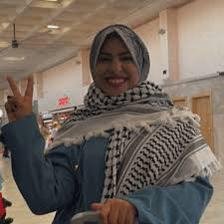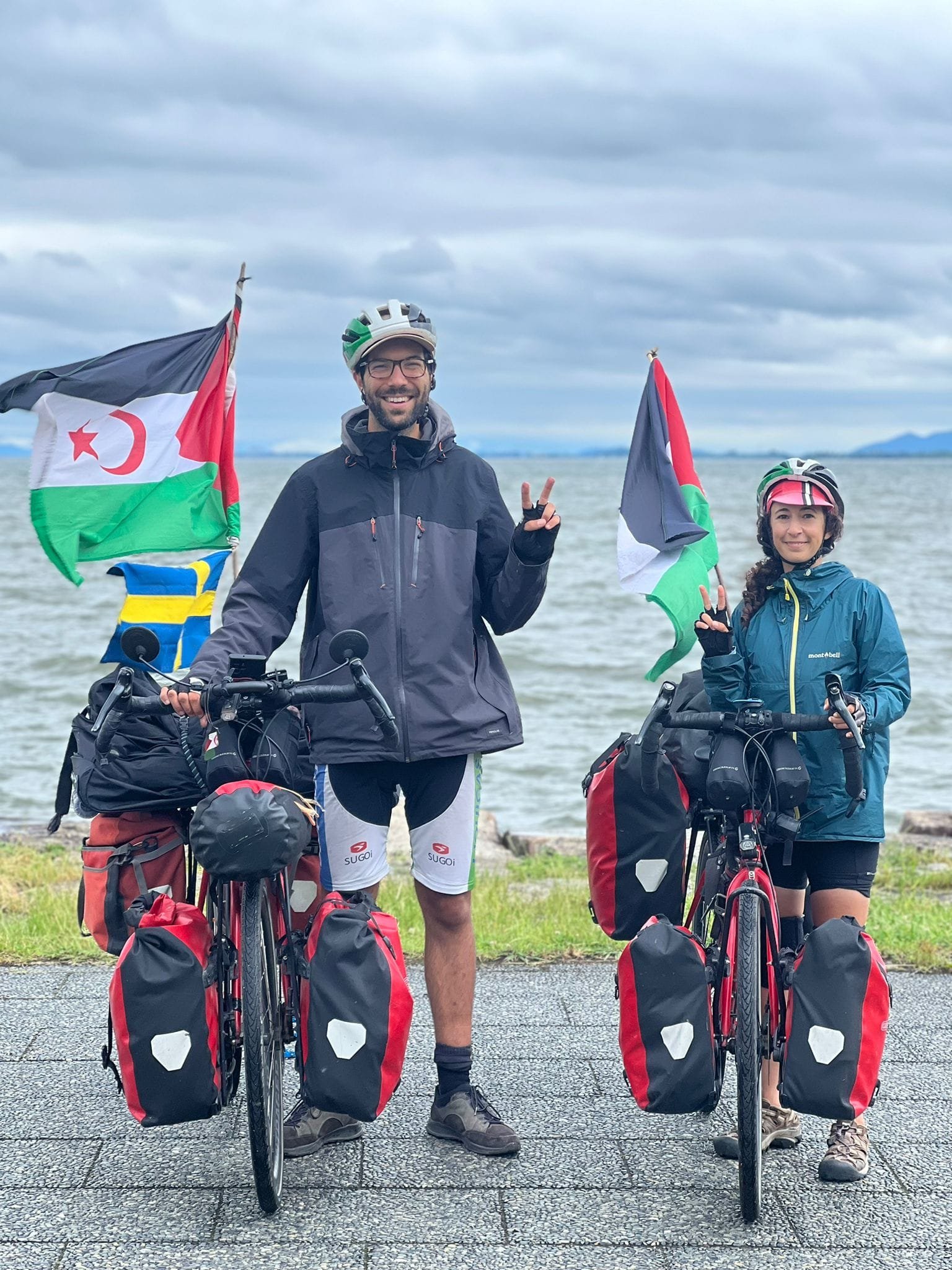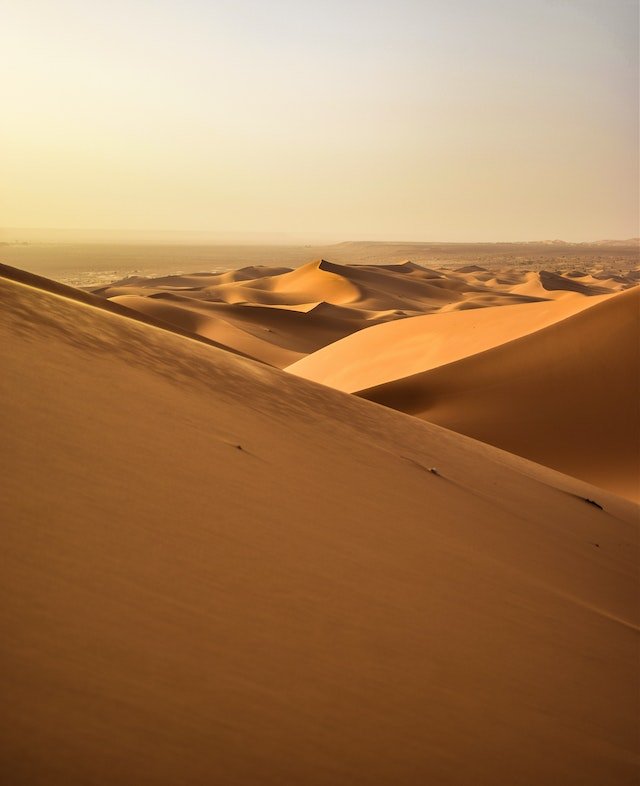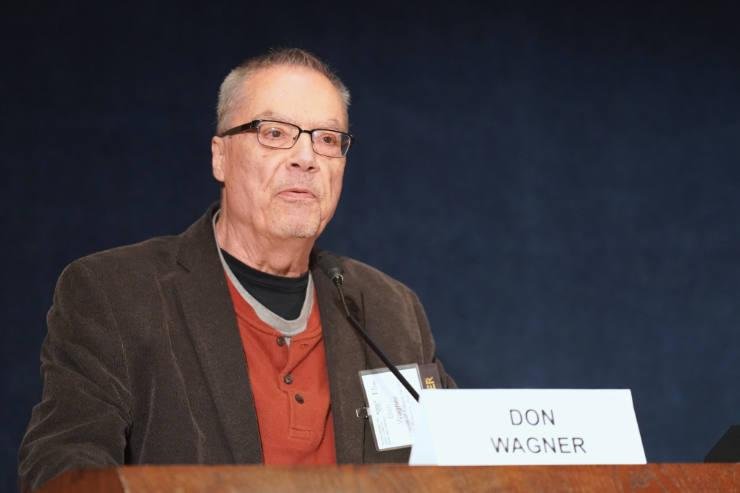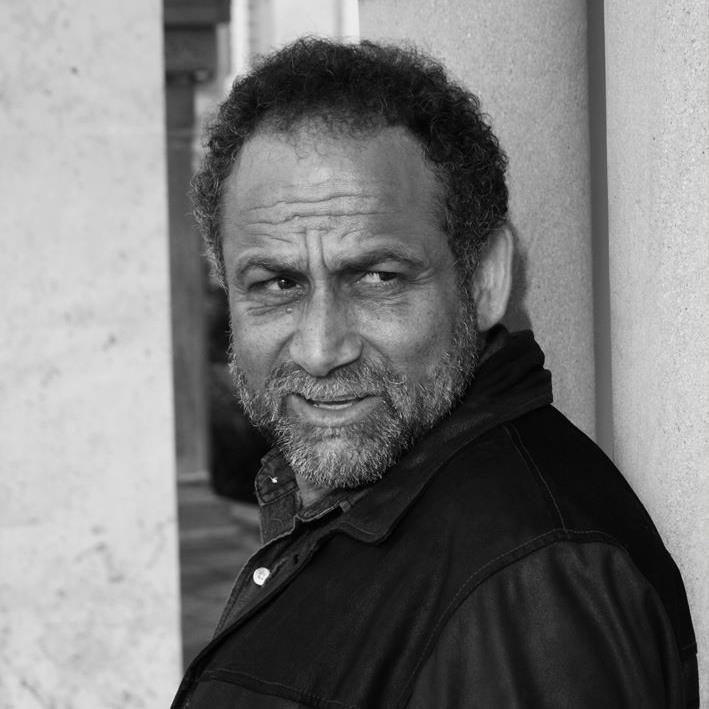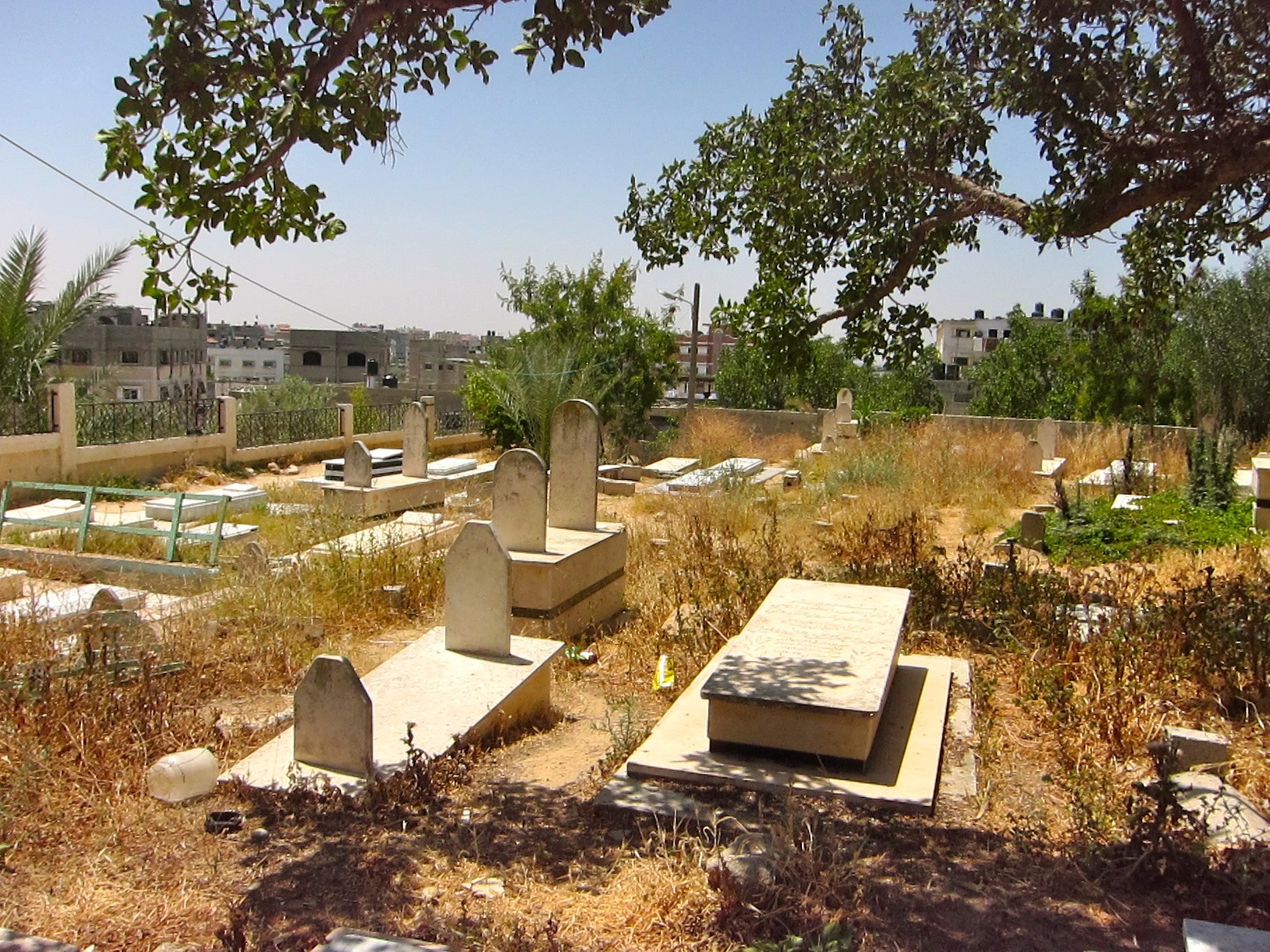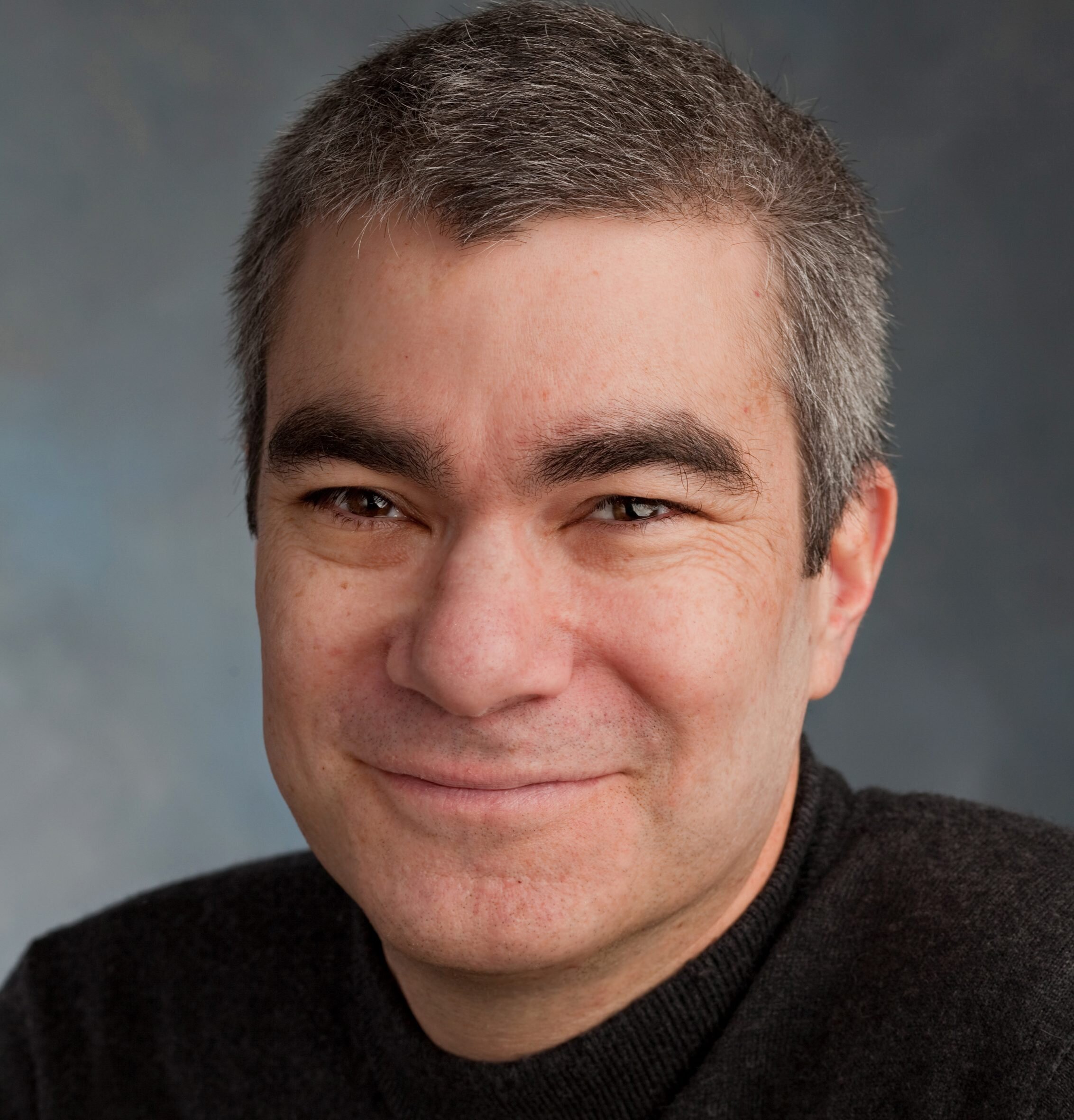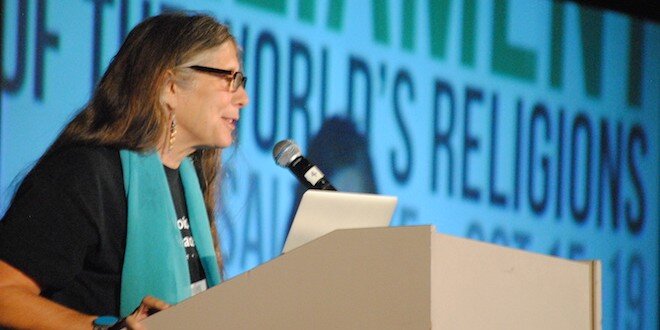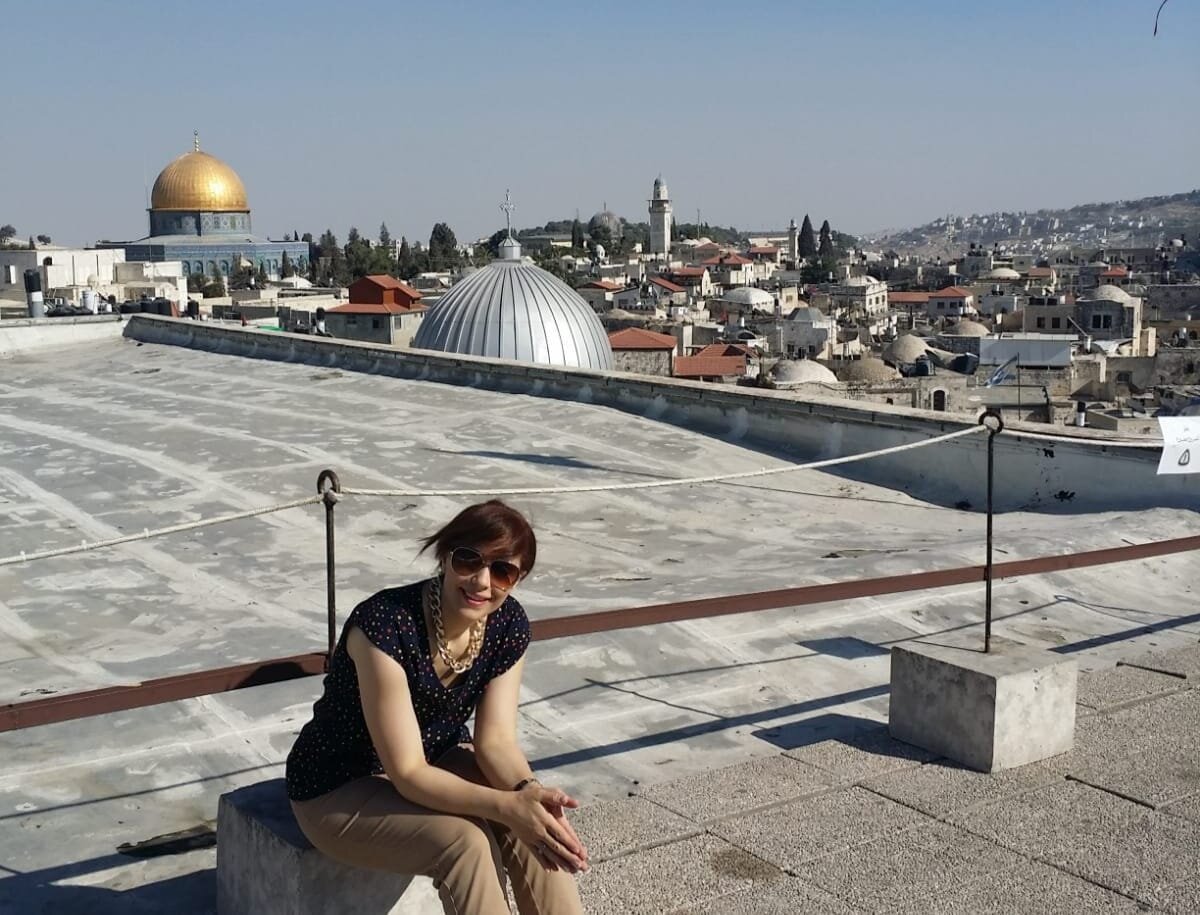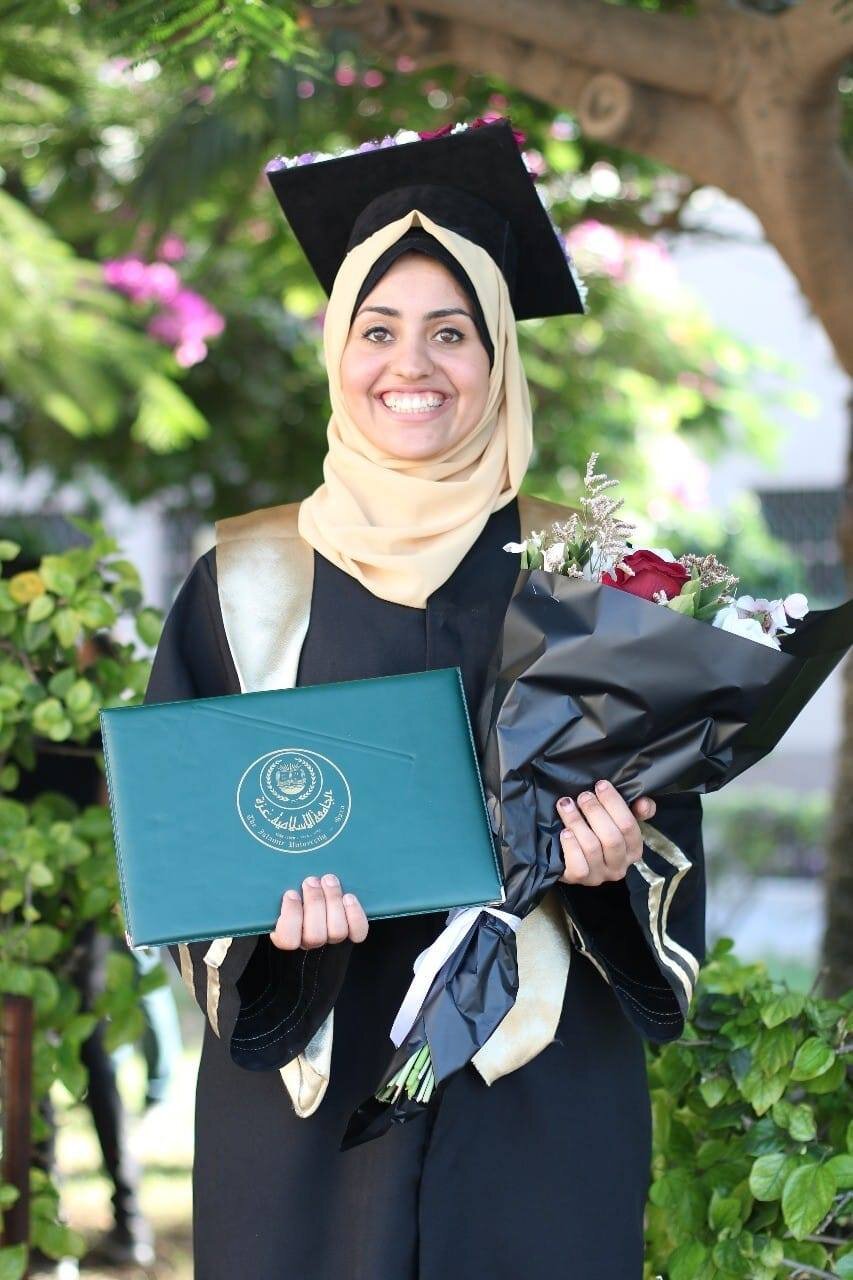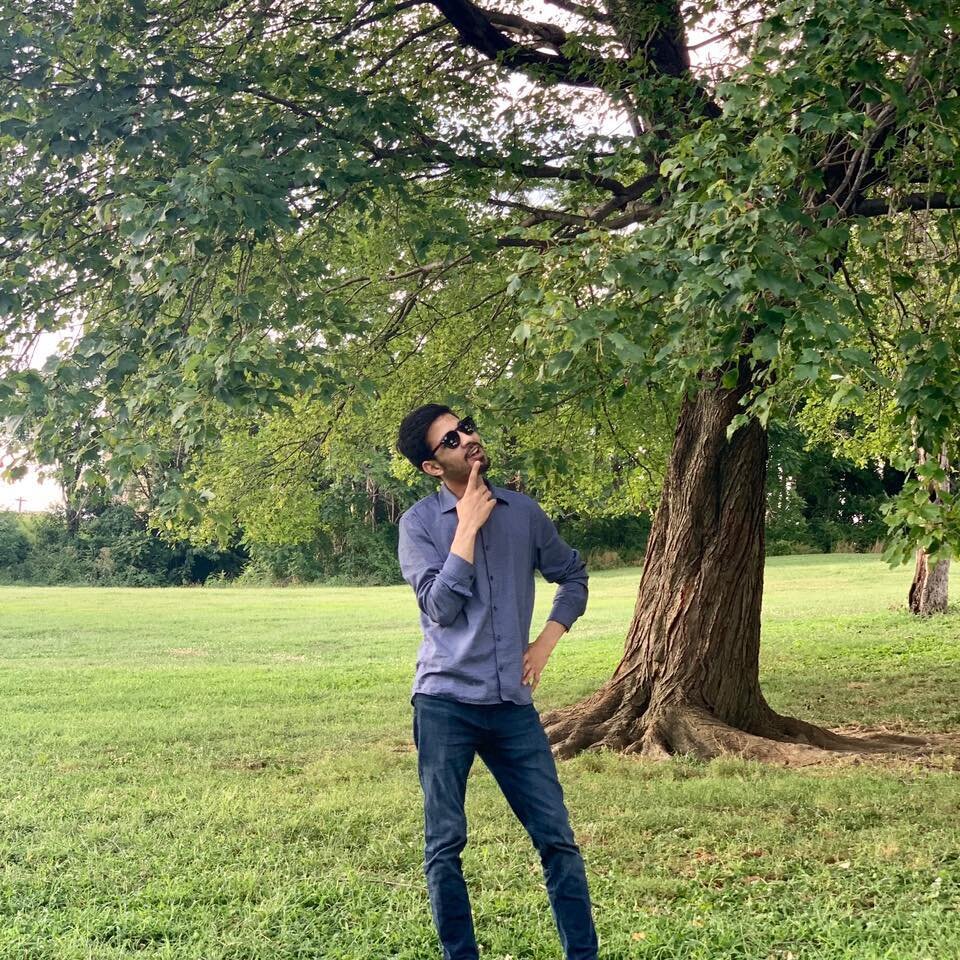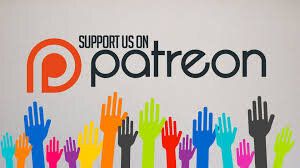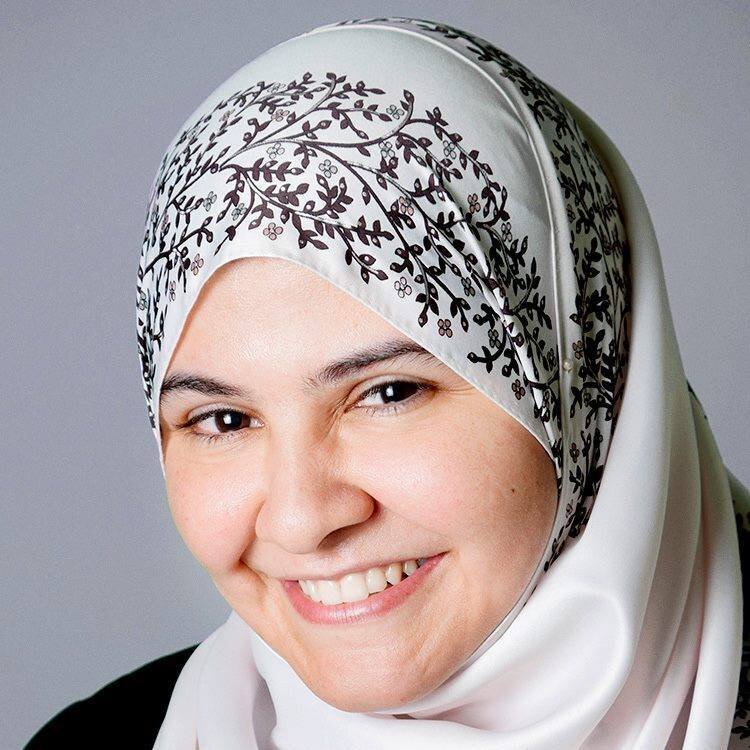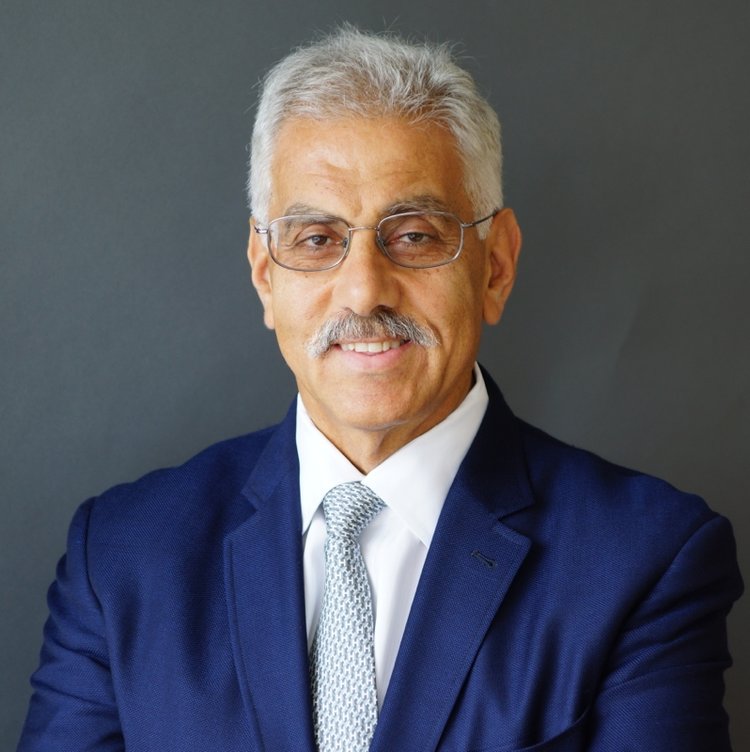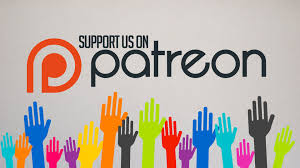We have been wanting to bring you voices from inside Gaza since the very start of the current atrocities, but for what are obvious reasons this has proven to be extremely difficult, especially after Israel cut all communication lines and mobile phone networks in Gaza, in the prelude to their ground invasion. However, a student from our Palestine Podcast Academy, Shahd Safi, has managed to send me a series of daily audio diary entries detailing her experiences and her feelings in recent days. Shahd is from al Nuseirat Refugee camp in Central Gaza, a camp that has been subjected to repeated bombardments by Israel over the past few weeks. A Palestinian friend of mine, who invited me to his home in Nuseirat camp during my stay in Gaza, has lost nine family members to the airstrikes on the refugee camp in recent weeks. Shahd joins us from Rafah, in the South of Gaza, where she moved two years ago. However, the situation in Rafah is far from safe.
Shahd has been writing prolifically since the assault on Gaza began last month. You can find several links to her articles below, as well as links to charitable organizations working on the ground, and additional educational resources.
Recent articles written by our guest:

